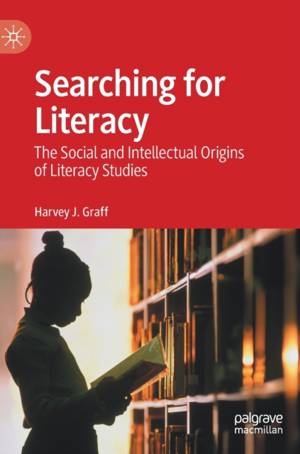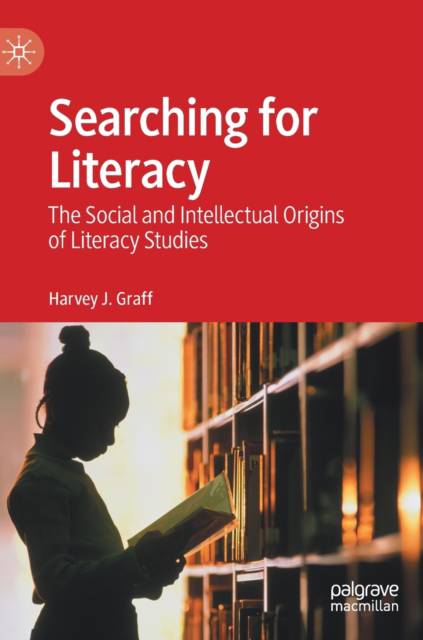
- Afhalen na 1 uur in een winkel met voorraad
- Gratis thuislevering in België
- Ruim aanbod met 7 miljoen producten
- Afhalen na 1 uur in een winkel met voorraad
- Gratis thuislevering in België
- Ruim aanbod met 7 miljoen producten
Searching for Literacy
The Social and Intellectual Origins of Literacy Studies
Harvey J GraffOmschrijving
This book provides a critical account of the development of questions, approaches, methods, and understandings of literacy within and across disciplines and interdisciplines. It provides a critique of literacy studies, including the New Literacy Studies. This book completes a series that the author began in the 1970s. It criticizes and revises the New Literacy Studies and how we think about literacy generally. It is a revisionist study which argues that literacy and literacy studies are historical developments and must be understood in those terms to comprehend their profound impact on our traditions of thinking about and understanding literacy, and how we study it. Graff argues that literacy studies in its academic, institutional, and policy forums, but also in popular parlance, has lost its critical foundations, and this hinders efforts to promote literacy. He examines literacy over time and across linguistics; anthropology; psychology; reading and writing across modes of communication and comprehension; "new" literacies across digital, visual, performance, numerical, and scientific domains; and history. He underscores the value of new directions of negotiation and translation. This book will interest scholars and students in the many fields that constitute literacy studies across the humanities, social sciences, education, and beyond.
Specificaties
Betrokkenen
- Auteur(s):
- Uitgeverij:
Inhoud
- Aantal bladzijden:
- 314
- Taal:
- Engels
Eigenschappen
- Productcode (EAN):
- 9783030969806
- Verschijningsdatum:
- 22/08/2022
- Uitvoering:
- Hardcover
- Formaat:
- Genaaid
- Afmetingen:
- 148 mm x 210 mm
- Gewicht:
- 544 g

Alleen bij Standaard Boekhandel
Beoordelingen
We publiceren alleen reviews die voldoen aan de voorwaarden voor reviews. Bekijk onze voorwaarden voor reviews.












